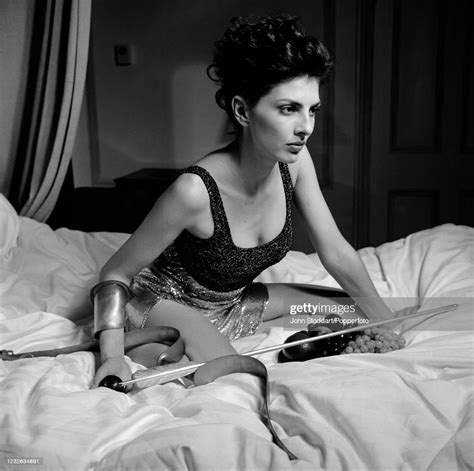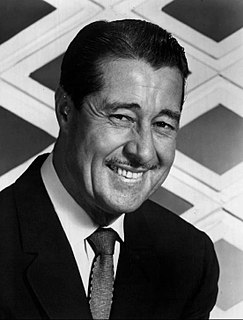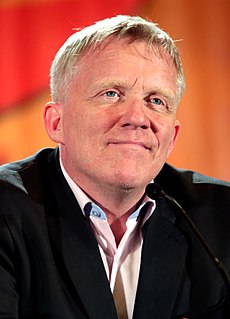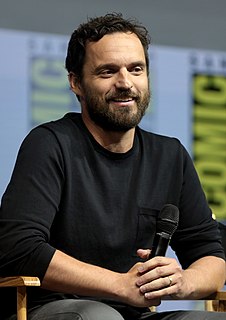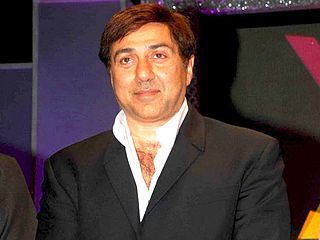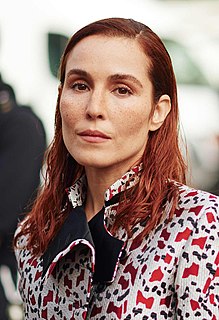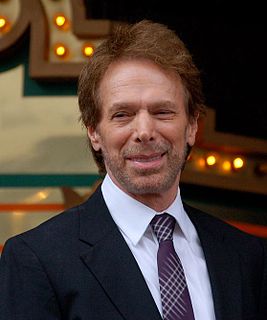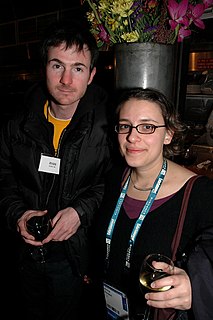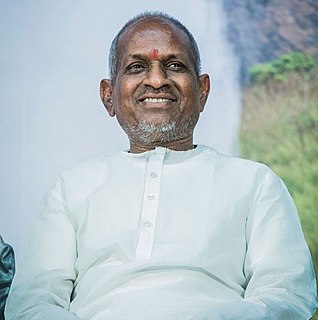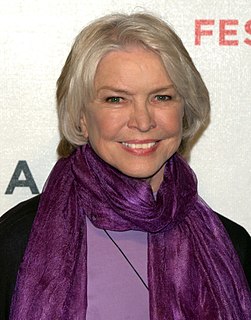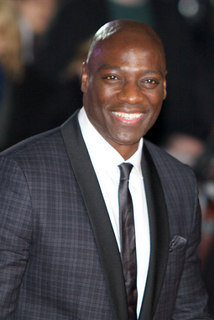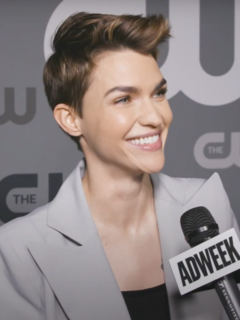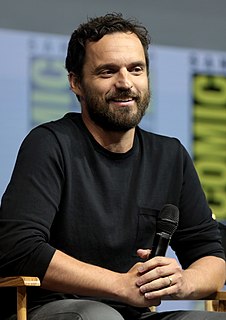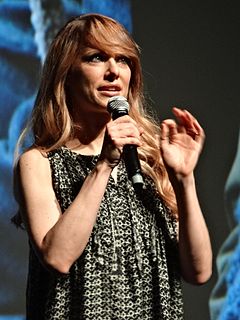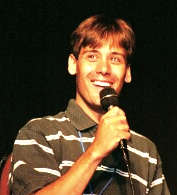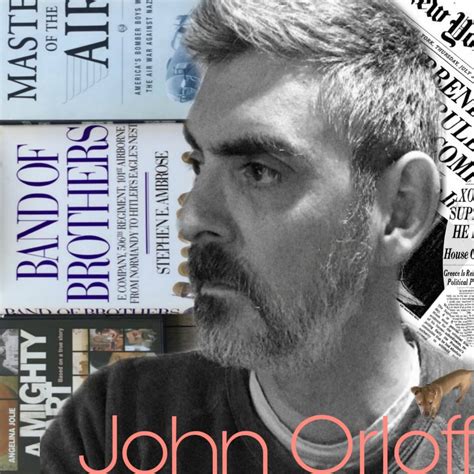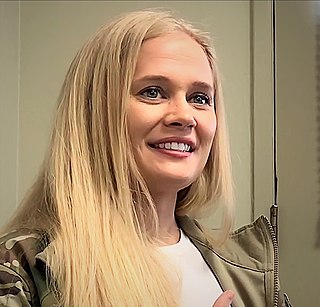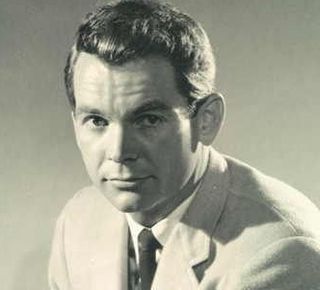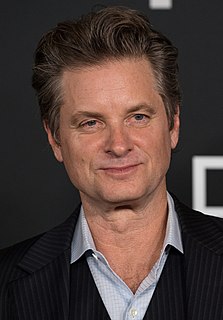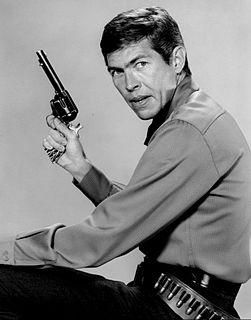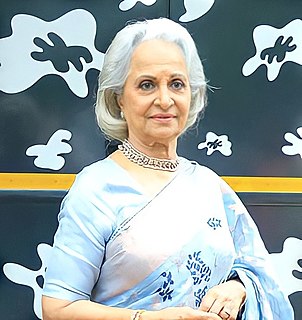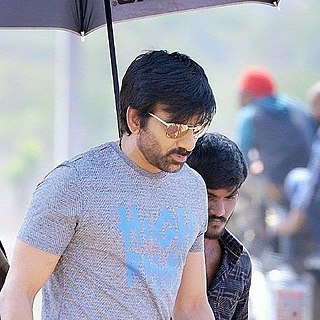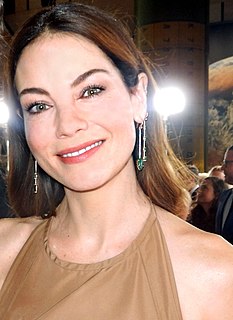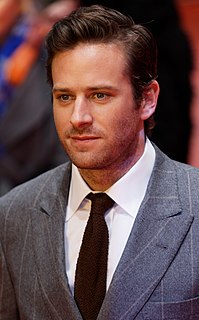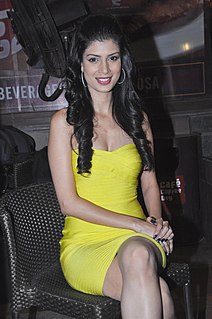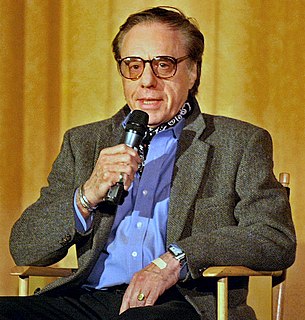Top 1200 Directors Quotes & Sayings - Page 2
Explore popular Directors quotes.
Last updated on December 22, 2024.
I always feel like I learn more from directors that are new, and I also am able to understand how much I really do know about filmmaking when you work with directors that maybe don't have as much experience, so you're able to sort of take the reins. I know how to do these movies, I've done so many of them and have learned from new directors who are usually willing to try new things and are more open to allowing someone like me to kind of come in and just do what I know how to do.
I think that what 'Oz' did is it spawned a great generation of television production. But people know its place in television and just in great dramas. It's the foundation of my career. Most producers, show runners, directors, and casting directors put me in movies based on my performance in that show.
Most Chinese filmmakers grew up watching television; they watched films on television, not in cinemas. The scope of their vision is not big enough, they're not yet detail-oriented enough. You have to watch films in cinemas for years to understand the depth and scope of vision needed in filmmaking. Directors in China usually come from an academic background; they graduate as film directors. Whereas the directors from Hong Kong learn their trade on sets, beginning at the lowest rung.
Sometimes, when you work with directors who have done it a lot and are established in the business and know the game, there are all these rules that they have. First-time directors will allow you to come in with choices. They're not so jaded by actors that they're like, 'Ugh, just do your job, man.'
Hmm, can I be obvious and say there is probably a double standard for male vs. female directors? Sadly, I think that's actually the case. And it probably stems from the fact that there are proportionately so many fewer women directors than men ones that each project is perhaps more closely scrutinized for its content.
I would like to believe that I am a collaborative actor. That's why I love all the directors I have worked with in recent times, as they are all collaborative directors. I think my constant desire is to keep bettering my own work. I don't get easily satisfied with my work; I am very critical of it. I learn from my mistakes.
I've read a hundred fantastic scripts that didn't pan out as films, and I completely put that on the directors. I've also read some mediocre scripts that have ended up being amazing, and I credit that to the directors. They're the storytellers. If you don't have a good storyteller, you really have nothing.
After 50 years in the motion picture business, I'm still learning my trade. This recent shoot of 'Mandie and the Secret Tunnel' was a revelation. The two young directors, Joy Chapman and Owen Smith, represent a group of actors, directors, and cinematographers all over the country that never show up in New York or Hollywood.
Being known as a writer did change the relationships I had with directors. The rap on actors is that they always want to inflate their parts. But when directors know you write screenplays and have a different view of things, you really get invited into the huddle in a much fuller way. And those collaborations end in friendships.
Searching out directors you respect and that you can learn from that's always the dream. That's the goal. That's hopefully where this whole thing is leading, and what better way to learn about directing and learn about what works and what I like and what resonates me than by working with a bunch of great directors.
